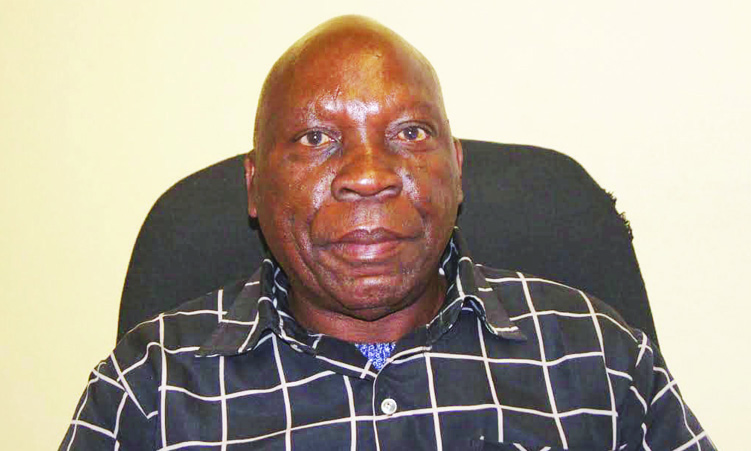To give credit where credit is due is to acknowledge accomplishments.
The government deserves credit for changes made to the way directors are selected and appointed to serve on the boards of state-owned enterprises (SOEs).
It is not uncommon to see advertisements published in daily newspapers inviting Namibians with appropriate qualifications, expertise and managerial experience to serve on the boards of SOEs.
In contrast, allegations of ‘jobs for buddies’ when it comes to individuals serving on the boards of corporate companies are not uncommon and may not be unfounded.
An appointment to become a director of an SOE, a privately owned company or a public company listed on the Namibian Stock Exchange (NSX) carries prestige and an elevated feeling.
As a directorship, it is evident that a person’s ability, competence and expertise are essential to take responsibility for the direction of the entity.
The nation pays SOE directors to take responsibility for the operation of the entity, decision-making, determining and implementing policies and to ensure compliance with statutory obligations.
It is similar in private sector entities, such as NSX-listed firms. The only difference is that the shareholders, as owners, pay the directors, not Namibia’s taxpayers.
The responsibility of serving on a board is collectively shared with other directors. This leads to further responsibility – a watchdog role.
A director is expected to keep a close eye on other directors, to ensure that they are always squeaky clean in their pursuits, actions and deeds.
At private sector entities, they are highly remunerated for their work and for accepting the role, paid an annual board fee and attendance fees for board and board committee meetings.
At SOEs, remuneration is set by the government and paid by the entity. However, as highlighted in the media, some have in the past irregularly granted themselves increases.
Directors must refrain from ignoring their legal and fiduciary obligations. Fiduciary responsibility or moral obligations involves establishing the interests of the proprietors of the business before oneself.
The Namibian nation owns its SOEs, and shareholders in turn own private enterprises. Shareholders have the right to hold directors accountable when they feel an investment’s value is eroded due to reckless decisions or omissions.
Although they may not receive a fee for their services, even the directors of non-commercial entities registered under Namibia’s Companies Act as a Section 21 not-for-gain or non-profit organisation have a legal and fiduciary responsibility.
Such organisations include business sector representatives, non-governmental organisations (NGOs), voluntary organisations and faith-based organisations.
A board appointment assumes that the directors are aware of their responsibility to always act in good faith, in the interests of the business or organisation, its shareholders or members and of other stakeholders.
Shareholders of a business and members of NGOs and other entities know their rights, but are the directors familiar with their obligations and duties? Do directors adhere to corporate governance principles to reduce exposure and manage risks?
Prestige comes with a board appointment, but so does immense responsibility that has costly and reputational consequences if not treated with the deserved seriousness.
- Danny Meyer is reachable at danny@smecompete.com
Stay informed with The Namibian – your source for credible journalism. Get in-depth reporting and opinions for
only N$85 a month. Invest in journalism, invest in democracy –
Subscribe Now!





